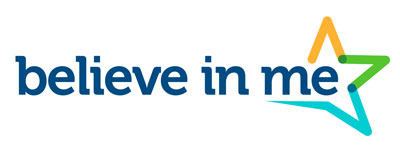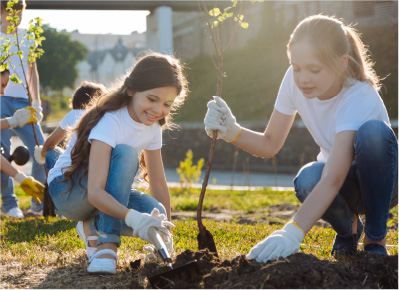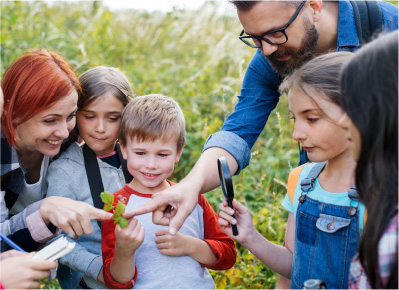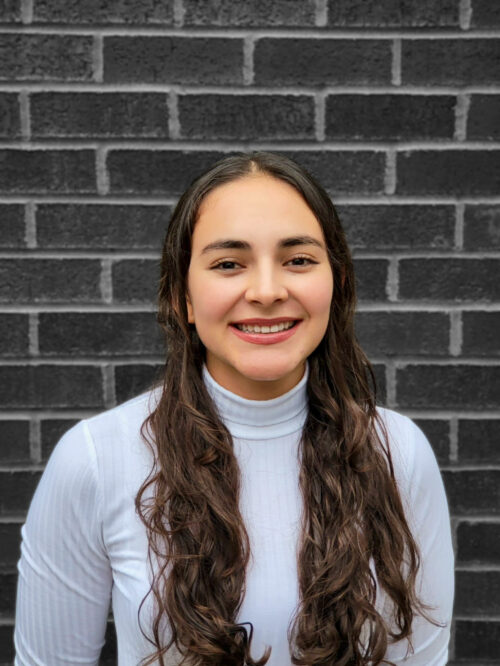An excellent way to start discussing the topic of marginalization is by giving it a short and simple definition. Marginalization, also referred to as social exclusion, occurs when certain groups do not have equal access to various areas within our society. It can occur due to ethnicity, gender, sexual orientation, disability status, background, socio-economic level, migrant status, and age.
Marginalization is a complex term, so it is essential to understand that it involves the lack or denial of resources, rights, goods, and services and the inability to participate in relationships and activities available to most people in a society.
Gaining An Understanding of The Five Types of Marginalization
- Discrimination: Ethnicity, age, class, disability, sexual orientation, religion, nationality, and migratory status are unfortunate sources of marginalization. You can find an example of this type of discrimination in our previous blog, Say It Loud, Gay Is Proud. In this blog, we shared the historical struggles of this population, including their marginalization from social venues and bars.
- Geographic: The globalized world has increased urbanization. Cities are now the focal points for growth, education, employment, and social mobility. On average, urban residents have better schools, hospitals, transportation, and other basic needs than rural residents.
- Governance: Not everyone gets included in the law-making process. Laws or policies enacted without equal representation negatively impact some demographics. When you exclude specific populations from the decision-making process, there isn’t any consideration for their perspective and the outcomes they face.
- Socio-economic: Economic marginalization occurs when there are disparities in who can secure employment or build wealth. These disparities are overwhelming to some. It’s simple to see how high-income, medium-income, and low-income have different lifestyles, opportunities, and limitations. Low-income populations have limited access to sanitation, financial services, education, and better food and water quality. For these reasons, they are less competitive in the labor market due to limited skills, education, or even access to technology.
- Shocks and fragility: Certain groups are increasingly vulnerable to setbacks due to their challenges. Climate change, natural hazards, violence, conflict, displacement, and health emergencies harshly impact outcomes for the people they affect.
Promoting Social Inclusion To Reduce Marginalization And Change Lives
It is necessary to differentiate marginalized groups from poverty. This blog focuses on the concept of poverty as an outcome; and marginalization as an outcome and a process. If the social exclusion is a process, how can we stop it?
We must promote inclusion if the world has groups dealing with social exclusion. How can we do that? Enhancing opportunities, access to resources, and understanding marginalized populations’ limitations and problems are crucial to eliminating marginalization. It is critical to ensure that every person can enjoy a good standard of living with greater participation in a society like housing, education, health services, food, and recreation.
Marginalized populations get excluded through many channels: legal systems, land, and the labor market, as well as discriminatory or stigmatizing attitudes, beliefs, or perceptions. An excellent way to promote social inclusion is by stopping discriminatory actions individually and as a society. Now that you understand marginalization, it’s time to share some of the ways Believe in Me is combatting marginalization for kids in the community.
Supporting Enrichment Programs is One Way You Can Strengthen Marginalized Kids
In the blog “Outdoor Activities for Kids and How to Get Active on Earth Day”, we discussed how low-income families have limited access to outdoor activities. Starting from local parks and moving towards National Parks, kids and parents lack participation in hiking, swimming, or camping activities. These activities are “normal” for the mainstream, but cost, geographic distance, and limited time are barriers for low-income or single-parent families. Although these resources should be accessible to everyone, not all get to participate.
To help mitigate this access problem, Believe in Me has granted Girls Scouts and Camp Fire to promote the outdoors to marginalized kids by removing or reducing the cost of transportation and registration. This opportunity generates inclusion for kids who wouldn’t otherwise have the chance to be part of the programs. Their participation allows them to learn about the outdoors and activities like canoeing, archery, climbing, handicrafts, and more.
Education Is The Pathway to A Bright Future for Kids in the Margin
In our blog, “School Dropouts: How Communities in Schools of Spokane is Helping Kids”, we can understand some of the limitations that students with marginalized backgrounds have. Sadly, these students limit their enthusiasm for school activities more than non-marginalized kids, increasing their school dropout levels.
Believe in Me granted Communities in Schools of Spokane County to address this problem. They’ve partnered with The ZoNE to fulfill their goal of improving the well-being of young people academically, physically, and emotionally. Believe in Me also provided a grant to Playworks, which incorporated a digital service to help educators and families play during Covid. Lastly, Believe in Me funded Embrace Washington’s Academic Success program, which ensures that youth in foster care have achieved the learning standards for their grade and receive sustained support as they continue their education.
Wraparound Services Fill the Gaps With Much-Needed Resources and Support
Bayard Rustin is another example of a person who suffered discrimination and exclusion. In our blog “Helping People of Color And The Gay Community Through Social Justice”, you can recall the fight of a person who lived in a time when black people didn’t have the same rights as other Americans.
Believe in Me proudly supports programs that provide wraparound services for people like Bayard Rustin. Some wraparound programs funded this year include Odyssey Youth Movement, which serves kids in the LGTBQ+ community; Spokane Angels, serving foster families; and The Jonah Project, helping Human Trafficking Victims. Each wraparound program walks alongside its clients and gives them confidence, advice, community support, and places to heal and talk with no judgment.
How Your Generosity is Helping Kids in Foster Care
It is essential to talk about kids who have experienced violence, are neglected, or don’t have a safe place to call home. Some of these marginalized kids become part of the foster care system. These kids don’t have the same opportunities as children with more stable homes and family relations. They frequently move from place to place to areas they are unfamiliar with, which affects their ability to attend school, stay on top of their studies, participate in childhood activities, and feel supported.
Believe in Me gives these children new opportunities with their grants to the Spokane Angels and Embrace Washington. These programs are helping kids in the foster care system with education by allowing them to get good grades, learn, have a safe and comfortable place to sleep, and give them toys, school supplies, and mentorship.
Creating a Safe Place to Call Home for Marginalized Youth
There are many reasons that kids find themselves without a home in our community. In the last year, specific subpopulations of youth and young adults have faced a higher risk for homelessness. Here are a few statistics showing the risk of living without a home for each group:
- Black youth face an 83% increased risk than their white peers.
- Hispanic youth face a 33% increased risk.
- LGBTQ youth are more than twice as likely to experience homelessness.
- Teen parents—especially unmarried—had a three times higher risk than non-parenting peers.
- Youth in juvenile detention, jail, or prison are also at higher risk of homelessness.
- High school dropouts are 3.5 times more likely to experience homelessness than peers who completed a high school diploma.
Transitional living intends to equip people with the tools, structure, and support they need to re-enter permanent housing. The support programs provide necessities like food, a place to sleep, and any resources children living without a home need.
Diversity Needs To Be Learned, Respected, and Embraced
We live in a world filled with diversity that needs to be learned, respected, and embraced. It is our duty and calling to lift up children experiencing marginalization.
At Believe in Me, we are committed to building a more just and equitable organization and community where all individuals can achieve their potential. It is the policy of the Foundation to provide and promote equal opportunity for all people without regard to race, color, creed, national origin, gender, age, sexual orientation, religion, marital status, familial status, veteran’s status, or the presence of any sensory, mental, or physical disability. The Foundation is fully committed to building an inclusive culture and community that uplifts and celebrates diverse and unique individuals while enabling them not just to survive but thrive as they achieve their full potential.
Show your support for marginalized kids and make a donation or volunteer for Believe in Me today! Thank you for your support.







